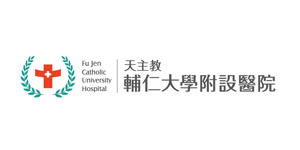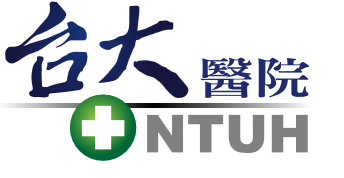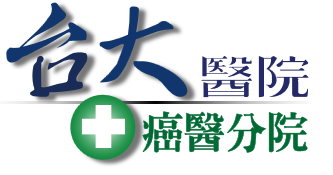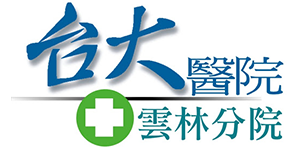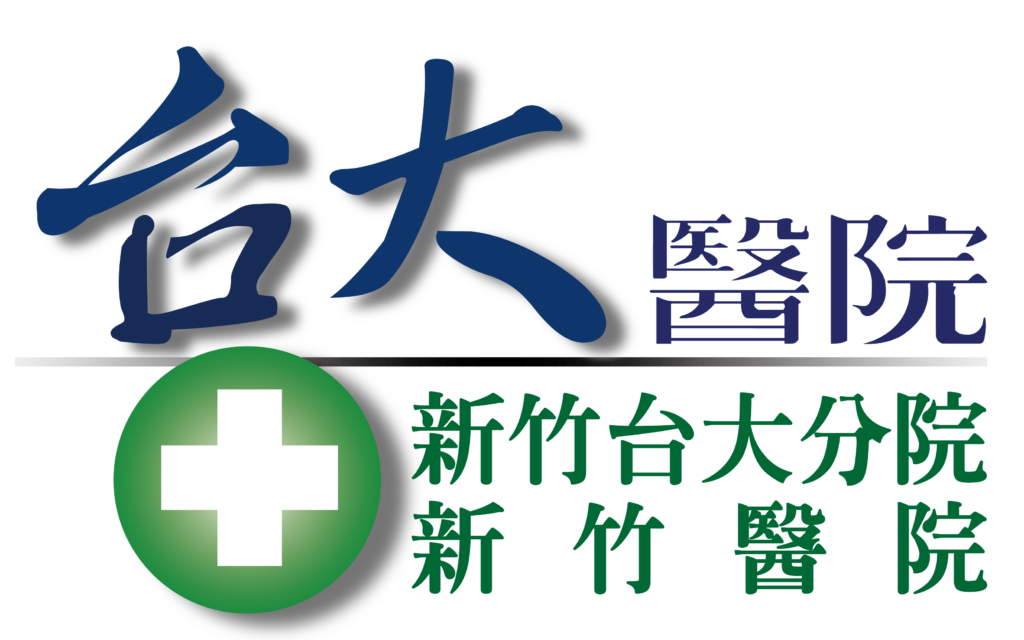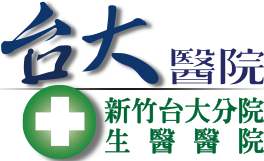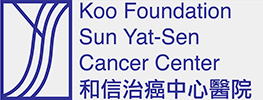Taiwan Precision Medicine Initiative
The Taiwan Precision Medicine Initiative (TPMI) is a partnership between Academia Sinica and top medical centers in Taiwan to bring genetic information into clinical practice. By profiling 1 million participants with a set of genetic markers designed for Taiwan, we aim to optimize patient care by preventing dangerous drug side-effects, early cancer screening for those at high risk, and encouraging life-style changes for those at risk for other serious diseases.




